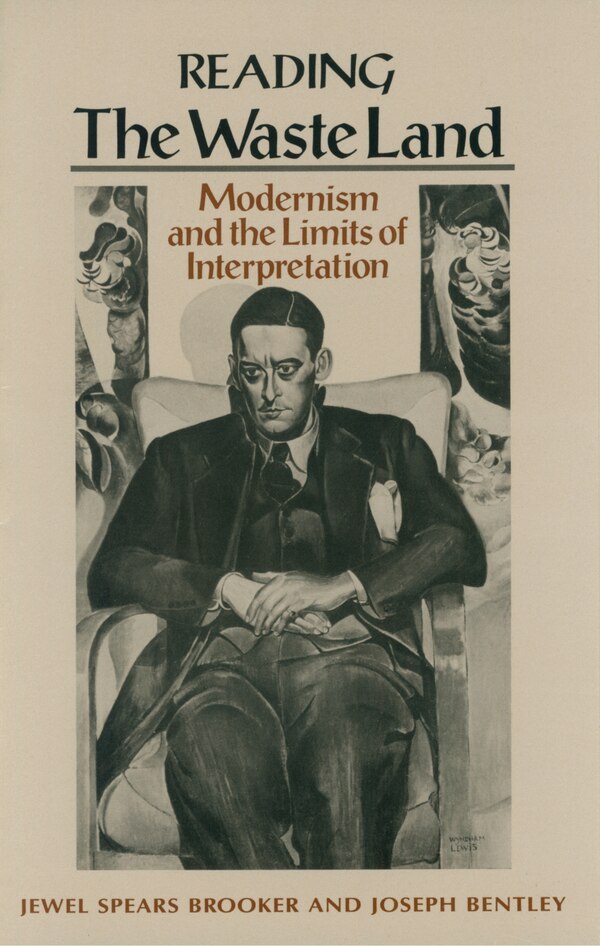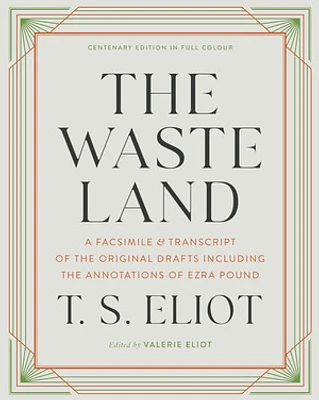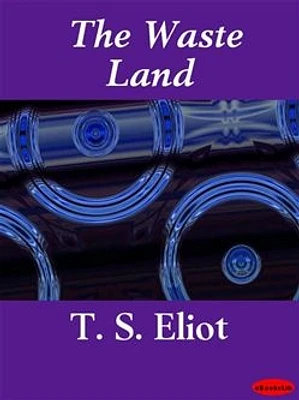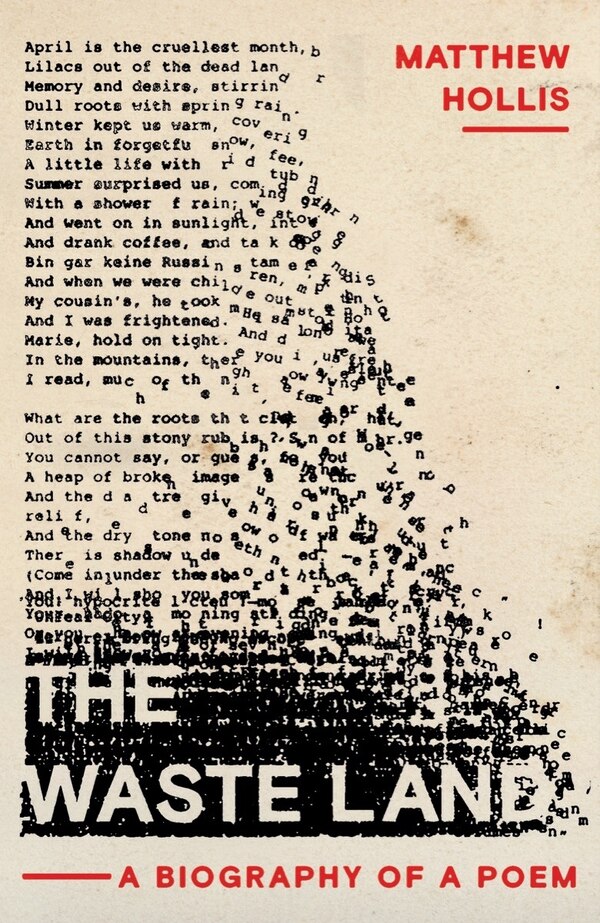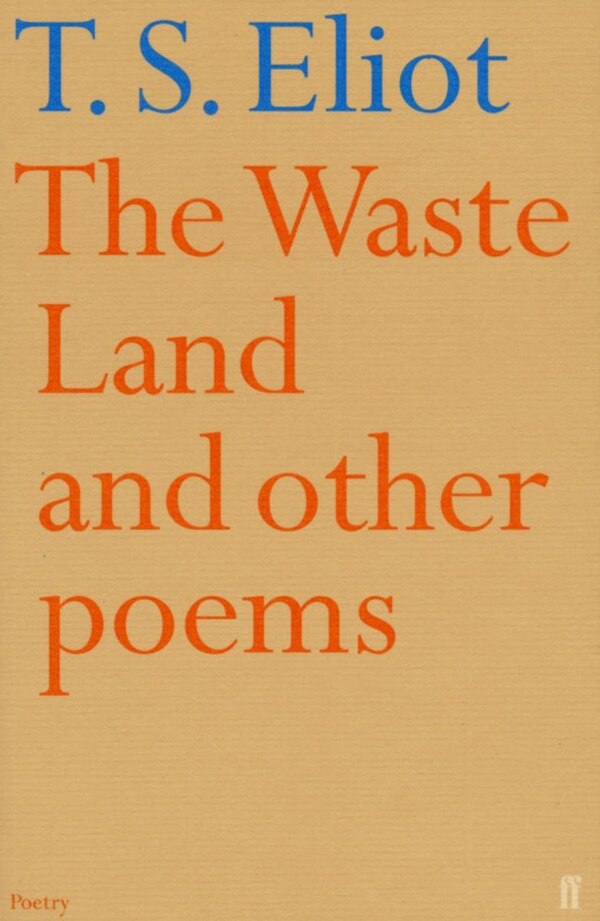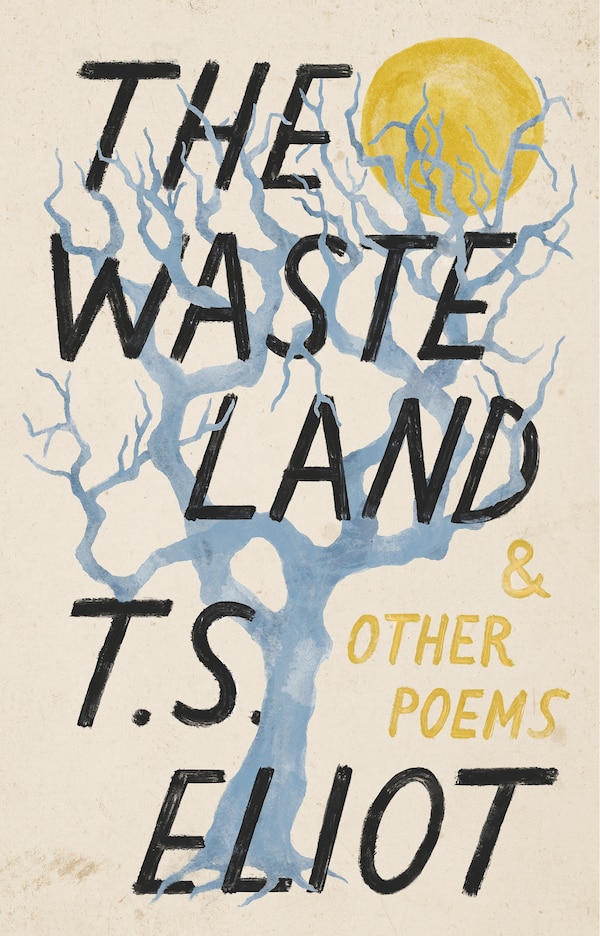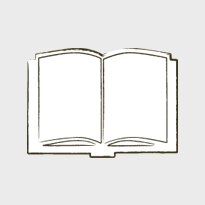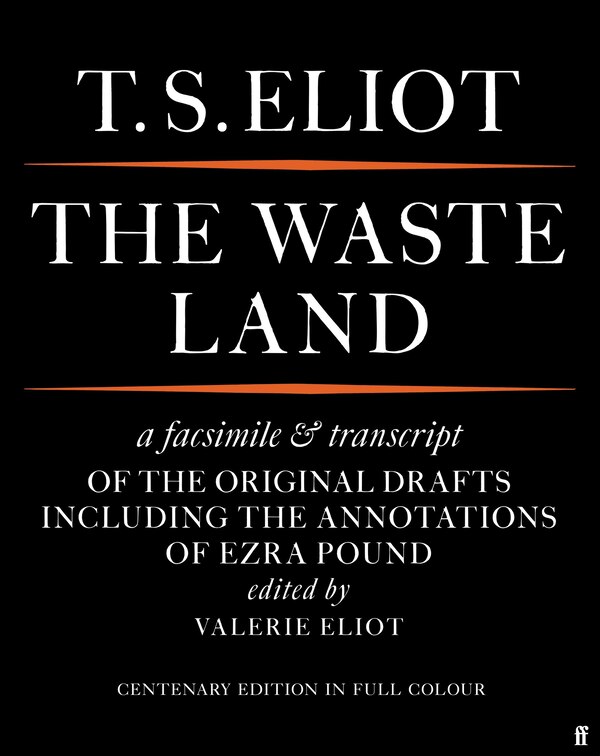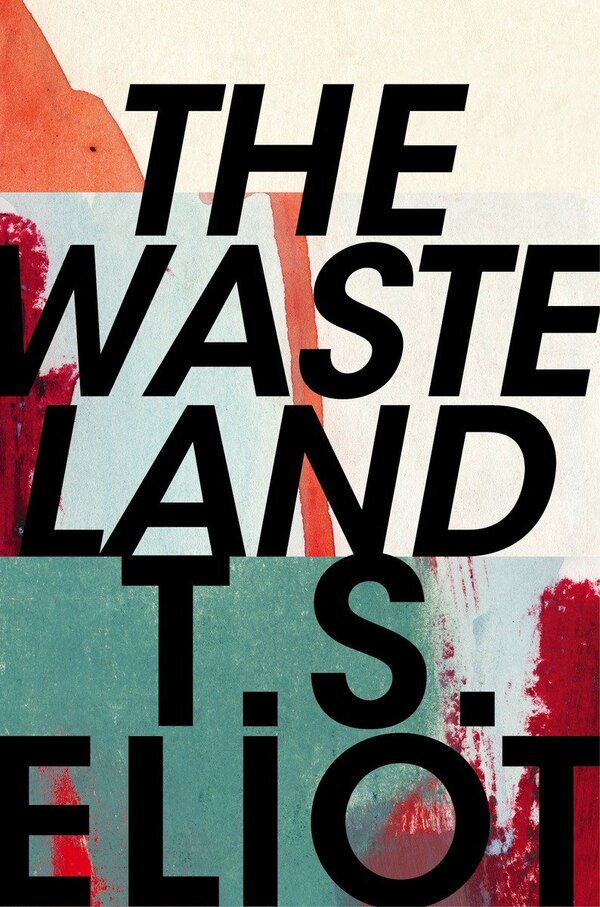Home
The Waste Land, Paperback | Indigo Chapters
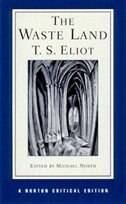
Coles
The Waste Land, Paperback | Indigo Chapters
From W. W. Norton & Company
Current price: $23.95
Loading Inventory...
Size: 0.61 x 8.43 x 0.64
*Product information may vary - to confirm product availability, pricing, shipping and return information please contact Coles
For ease of reading, this Norton Critical Edition presents The Waste Land as it first appeared in the American edition (Boni & Liveright), with Eliot s notes at the end. \"Contexts\" provides readers with invaluable materials on The Waste Land s sources, composition, and publication history. \"Criticism\" traces the poem s reception with twenty-five reviews and essays, from first reactions through the end of the twentieth century. Included are reviews published in the Times Literary Supplement, along with selections by Virginia Woolf, Gilbert Seldes, Edmund Wilson, Elinor Wylie, Conrad Aiken, Charles Powell, Gorham Munson, Malcolm Cowley, Ralph Ellison, John Crowe Ransom, I. A. Richards, F. R. Leavis, Cleanth Brooks, Delmore Schwartz, Denis Donoghue, Robert Langbaum, Marianne Thormahlen, A. D. Moody, Ronald Bush, Maud Ellman, and Tim Armstrong. A Chronology and Selected Bibliography are included.\""One of the most remarkable figures in the history of African literature is Olaudah Equiano, who is also known as Gustavus Vassa. He was born into an Igbo community that he called Essaka, or most probably Isieke, in what is now the Ihiala local government area of the Anambra State of Nigeria. Captured and sold into slavery at the age of 12, he was taken to the West Indies. There he was resold to a British naval officer who helped him acquire an education and some nautical experience. When Equiano was beginning to consider himself a free man, he was unexpectedly sold again to a Philadelphia trader, for whom he undertook business trips to the West Indies. These trips enabled Equiano to make enough money to buy his freedom. As a free man, Equiano continued his vocation as a sailor and traveled extensively in Europe, Africa, and the Americas. He eventually joined the abolitionist movement in Great Britain, where he settled down as a respectable African European, married an English woman, and had two children. Equiano moved in high social circles, wrote and spoke frequently in various public media on abolition issues, and petitioned the British Parliament on the evils of slavery. But by far his most important contribution to the abolition movement was his autobiography, The Interesting Narrative of the Life of Olaudah Equiano or Gustavus Vassa, the African, Written by Himself, which was first published in London in 1789. Not only was The Interesting Narrative an eloquent diatribe against the evils of slavery; its early chapters presented a thoroughly idyllic picture of the culture, social life, and geographical environment of his Igbo home, which he describes as \"a charming, fruitful vale.\" In the autobiography, Equiano refutes the detractions of African peoples in European and oriental literatures, religious dogmas, and philosophical and ethnographic writings. He emerges as the first spokesperson of pan-African nationalism, black consciousness, negritude, and a whole range of other contemporary African and African American intellectual movements. The Narrative is a mixture of factual ethnographic and historical details, debatable assertions, and outright fallacies; it is as mystifying as it is revealing. So powerful is its eighteenth-century rhetorical style that, despite the assertion in its title that it was \"written by himself,\" few of his white contemporaries were convinced that such elegant prose and humane sentiments could be written by an African. T. S. Eliot is considered by many to be a literary genius and one of the most influential men of letters during the half-century after World War I. He attended Harvard University, with time abroad pursuing graduate studies at the Sorbonne, Marburg, and Oxford. The outbreak of World War I prevented his return to the United States, and, persuaded by Ezra Pound to remain in England, he decided to settle there permanently. He published his influential early criticism, much of it written as occasional pieces for literary periodicals. He developed such doctrines as the \"dissociation of sensibility\" and the \"objective correlative\" and elaborated his views on wit and on the relation of tradition to the individual talent. Eliot by this time had left his early, derivative verse far behind and had begun to publish avant-garde poetry (including \"The Love Song of J. Alfred Prufrock\" (1915), which exploited fresh rhythms, abrupt juxtapositions, contemporary subject matter, and witty allusion. This period of creativity also resulted in another collection of verse (including \"Gerontian\") and culminated in The Waste Land, a masterpiece published in 1922 and produced partly during a period of psychological breakdown. In 1922, Eliot became a director of the Faber & Faber publishing house, and in 1927 he became a British citizen and joined the Church of England. Thereafter, his career underwent a change. With the | The Waste | The Waste Land, Paperback | Indigo Chapters

